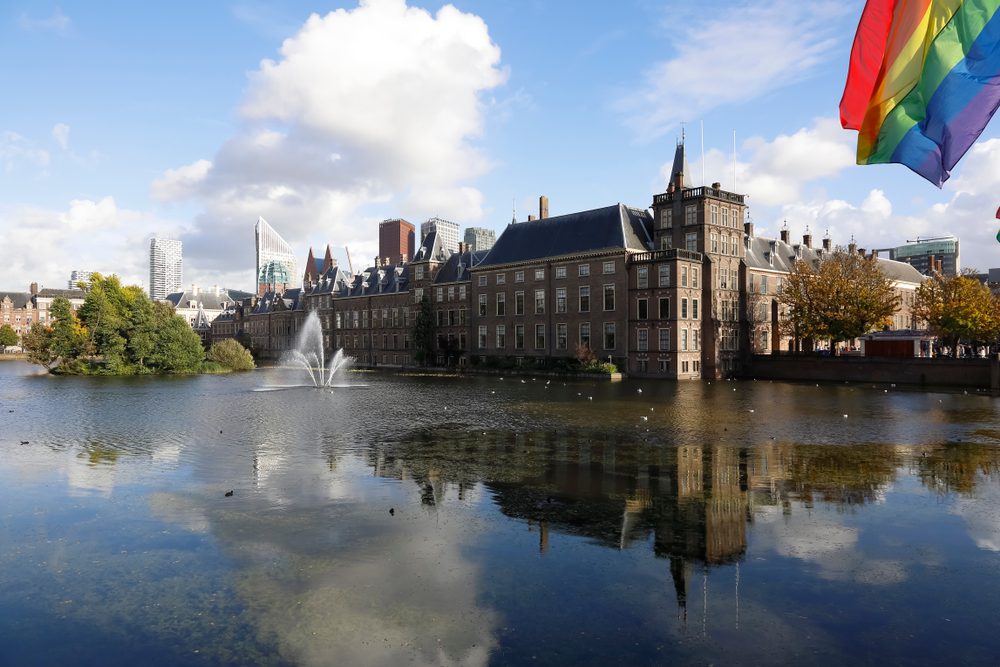
According to the formal opinion of the Dutch Council of State published on Tuesday, January 31st, a total ban on ‘gay conversion therapy’ would violate the constitutional right to religious freedom, reported the Dutch News.
In the Netherlands, public debate about the legality of religiously motivated conversion therapies set out to ‘cure’ homosexuality has been ongoing for years. A draft bill proposing to outlaw the practice was put before the parliament in The Hague in February 2022 by two members of the four-party government coalition and four opposition parties. Most parties supporting the bill were leftist, with exception of the center-right VVD, the largest member of the government coalition.
The proposed bill would fine those offering conversion therapies up to €22,500 and a year in prison for first-time offenders, two for repeaters. LGBT groups called for such legislation under the previous cabinet, which decided to postpone the question until sufficient research has been done into its possible implications for fundamental rights, such as the freedom of religion and choice.
The Council of State—a constitutionally established advisory body to the Dutch government that vets all proposed legislation before it is enacted and checks its compatibility with the constitution—finally published its formal opinion earlier this week. According to the report, the Council “understood the reasoning behind the ban, but the therapy was often carried out within strict Christian communities.”
Based on a study commissioned by the parliament two years ago, around 15 people and organizations are believed to offer conversion therapies in the Netherlands, mainly orthodox religious communities. While LGBT groups—who regularly described conversion therapy as “coercion”—celebrated the proposal last year, past attendees were much more skeptical. “It’s unlikely that many ‘victims’ will complain,” said one person who had undergone conversion therapy. “In most cases they want to put their homosexuality behind them. That was the case for me.”
Apart from stating that the ban would violate the freedom of religion, in its report, the Council also questioned how the law was supposed to differentiate between victims of actual coercion and participants who chose to attend voluntarily. A total ban on conversion therapy therefore would also violate people’s freedom to choose their own therapy.
Besides, any intrusive form of conversion therapy—that uses some degree of coercion—is already prohibited by existing laws against discrimination and enforced medical intervention. And while it sounds feasible on paper, the Council noted, any such ban might actually be “unworkable because practitioners would simply describe their treatment differently.”
